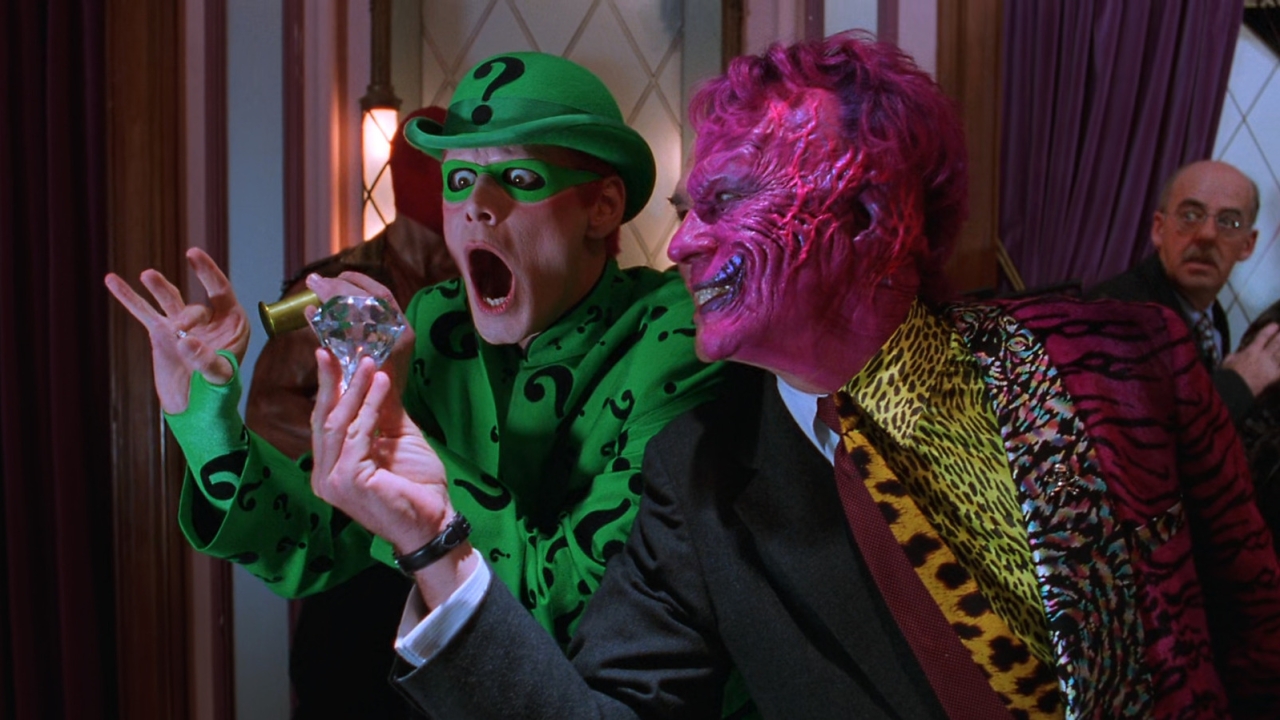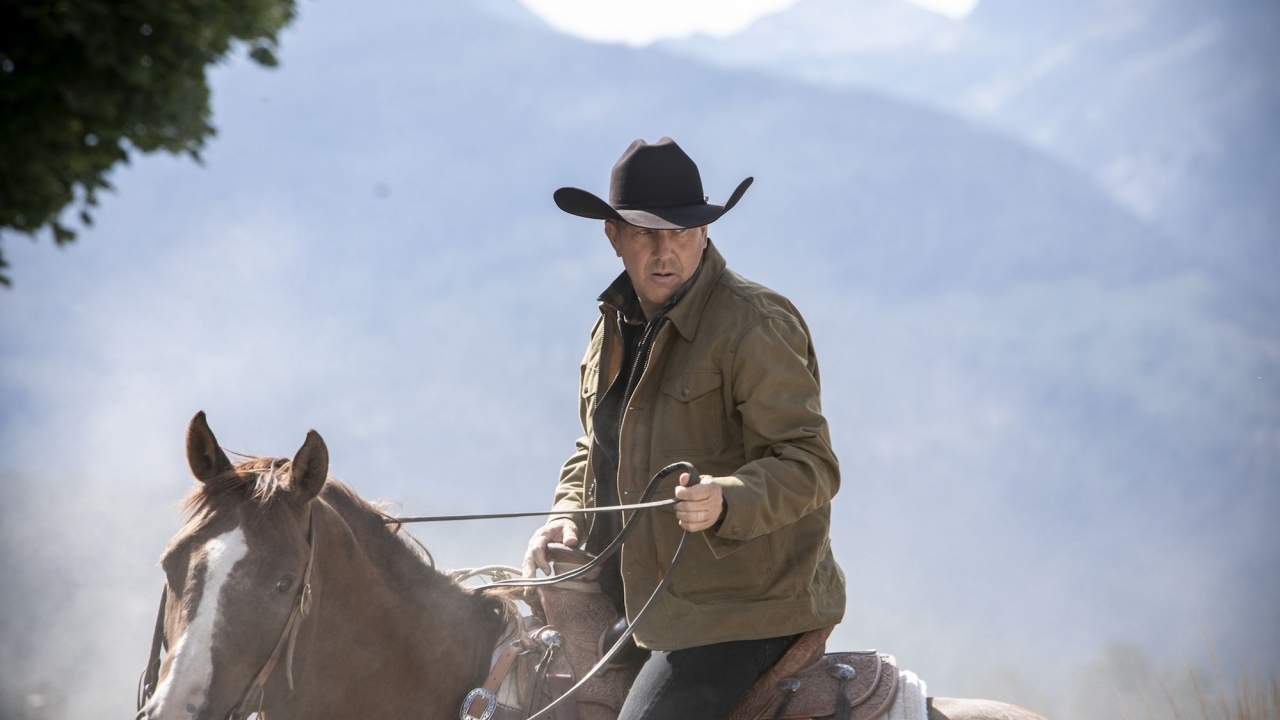Exploring the Influence of Stanley Kubrick and the Unforgettable Film "Dr. Strangelove"
News - 5 February 2024
 Stanley Kubrick is known for his iconic films such as The Shining, A Clockwork Orange, and 2001: A Space Odyssey. However, many people are not aware of the other gems in his filmography, including the bizarre political satire Dr. Strangelove or: How I Learned to Stop Worrying and Love the Bomb.
Stanley Kubrick is known for his iconic films such as The Shining, A Clockwork Orange, and 2001: A Space Odyssey. However, many people are not aware of the other gems in his filmography, including the bizarre political satire Dr. Strangelove or: How I Learned to Stop Worrying and Love the Bomb.Based on the serious novel Red Alert by Peter George, Kubrick took a different approach with the film, infusing it with black, absurdist humor to convey his views on the Cold War.nnThe plot of Dr. Strangelove takes place during the height of the Cold War, where American General Jack Ripper goes rogue and orders a nuclear attack on the Soviet Union.
The American president must then navigate a tense situation with his advisors and the Soviet ambassador to prevent global catastrophe. The film's dark humor and sharp political satire continue to resonate with audiences to this day.nnLike many of Kubrick's films, Dr.
Strangelove has its fair share of myths and rumors surrounding its production. One such rumor suggests that the film was originally supposed to end with a massive cake fight, adding a surreal and absurd element to the narrative. While this rumor has been debunked, it speaks to the wild and imaginative nature of Kubrick's filmmaking.
nnKubrick's influence extends far beyond the world of cinema, with filmmakers from all corners of the globe citing him as a source of inspiration. Even legendary comedian Robin Williams was a huge fan of Dr. Strangelove, admiring Kubrick's creative choices and the versatility of actor Peter Sellers, who played three different roles in the film.
Williams often looked to Sellers as a role model in his own career, drawing inspiration from his comedic genius.nnIn addition to Dr. Strangelove, Kubrick's filmography includes a diverse range of works that showcase his versatility as a filmmaker.
From the psychological horror of The Shining to the dystopian world of A Clockwork Orange, Kubrick's films continue to captivate and intrigue audiences with their bold storytelling and innovative cinematography. Each film offers a unique perspective on the human condition, exploring themes of power, control, and the nature of reality.nnAs a visionary director, Kubrick pushed the boundaries of cinema and challenged audiences to think critically about the world around them.
His films remain timeless classics that continue to spark debate and discussion among film enthusiasts and scholars alike. Whether delving into the depths of madness in The Shining or exploring the complexities of human nature in 2001: A Space Odyssey, Kubrick's work will always hold a special place in the history of cinema.











